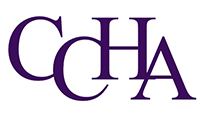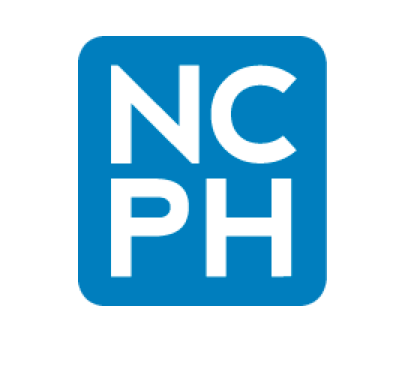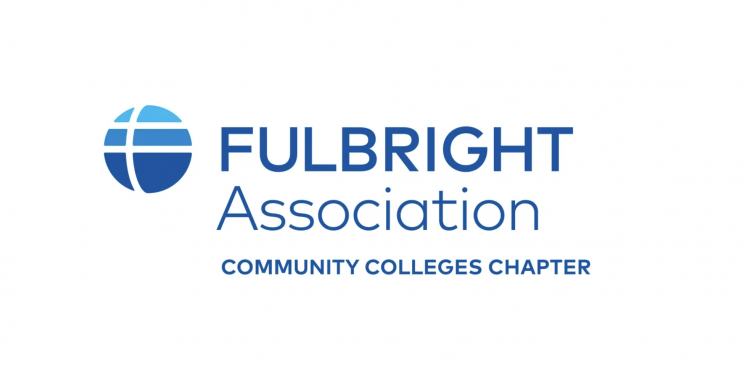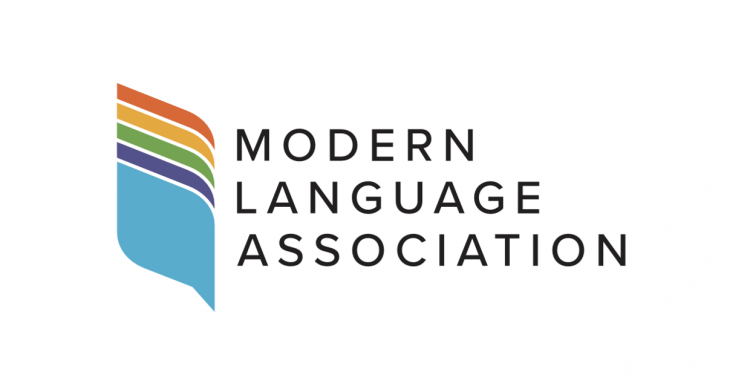NATIONAL COUNCIL ON PUBLIC HISTORY ANNUAL MEETING
MONTRÉAL, QUÉBEC, CANADA | MARCH 26-29, 2025
Solidarity (from the French solidarité) is a word for shared responsibilities and mutual obligations. It conveys a sense of interconnectedness with our world and interdependence upon each other. Long present in France’s code civile, to be in solidarity is to assume shared debts and claim shared successes, so that when we rise, we rise together.
As 21st century public historians, we work through multiple lenses, share diverse stories, and interpret and make relatable to the public complex histories that sometimes counter long-held ‘truths.’ As a result, our work beckons for a sense of collective purpose to support achieving common ground across the field.
The 2025 NCPH Annual Meeting will center around the theme Solidarity. Pondering the question—What does Solidarity mean in the field of public history?—leads us to consider what we collectively value in the field and how we progress together as public history workers. Amplifying voices, building connections, unifying our audiences, advocating for and revealing authentic histories, fostering and promoting safe spaces, and mirroring these values internally within our organizations are a few examples of how we realize Solidarity across the field.
While submissions on all topics are welcome, in exploring Solidarity, the Joint 2025 Program and Local Arrangements Committee co-chairs particularly encourage you to consider a few of the examples below:
- Sessions related to public history labor and public historians as workers, including efforts to improve compensation and working conditions in the field and in our institutions;
- Sessions which model collaboration between public historians and relevant stakeholders, especially community members and grassroots organizers;
- Sessions which demonstrate solidarity between public historians and activist movements or protests;
- Sessions which display international cooperation and collaboration across borders;
- Sessions which explicitly consider our shared responsibilities as public historians: to each other, to the communities we serve, to the pasts, people, and places we interpret, and to the world we live in;
- Sessions which ask us to evaluate the past and present work of public history to consider the shared debts we must pay;
- Sessions which consider public history work as a projet de société—in Québec, a societal project.
PRESENTATION FORMATS MAY INCLUDE:
ROUNDTABLE (90 mins): Roundtables are typically about half presentation and half discussion among presenters and the audience. Presenters should bring targeted questions to pose to others at the table in order to learn from and with each other.
STRUCTURED CONVERSATION (90 mins): These facilitated, participant-driven discussions are designed to prioritize audience dialogue and may contain little or no formal presentation component.
TRADITIONAL PANEL (90 mins): At least three presenters, a chair, and optional commentator. While this is the most traditional format, we still highly discourage the reading of papers.
COMMUNITY VIEWPOINTS (90 mins): A showcase that features a variety of stakeholder and collaborator perspectives across stages of the project’s development, with a particular focus on community participants and grassroots collaborators.
INDIVIDUAL (~30 mins): While individual proposals are welcome, individual presentations will either be shorter than a full session or will be combined with similar proposals to make a full session. These should be presentations of your work and, like all other sessions, not a reading of a paper.
WORKING GROUP (2 hrs): Facilitators and up to 12 discussants grapple with a shared concern. Before and during the meeting, working groups articulate a purpose they are working toward or a problem they are actively trying to solve and aim to create an end product. Proposals are submitted by facilitators, who will seek discussants after acceptance.
WORKSHOP (4 or 8 hrs): A half- or full-day workshop is a more intensive and skills-based deep-dive into a topic that includes concrete practical tools and lessons for a smaller group of attendees (recommended 15- 30 people).
PROPOSAL SUBMISSION GUIDELINES
OPTIONAL EARLY TOPIC PROPOSALS: Consider submitting an optional early topic proposal by June 15, 2024 to gather suggestions on your topic, seek collaborators or co-presenters, and get feedback from the 2025 Program Committee and members of the NCPH community. Respondents will contact the original submitter directly with their ideas or offers, and the submitter may choose to select additional participants, refine the proposal, and complete a full proposal form online by the July deadline.
FINAL PROPOSALS: Submit your fully formed session, working group, or workshop proposal online by July 15, 2024 via https://ncph.org/conference/2025-annual-meeting/cfps/. (Please note that working group and workshop proposal forms are separate from the main session proposal form.)
When filling out your proposal, please let us know if your session will be in English or in French, as we are planning for a track of sessions in French with simultaneous translation.
While individuals are not prohibited from presenting in consecutive years at the meeting, session proposals that include new voices will receive preference. Additionally, participants may be presenting members of only one session, but may also be discussants in Working Groups or serve as chair/facilitator on a second session.
QUESTIONS? Please email Program Manager Meghan Hillman at meghillm@iu.edu. The Call for Posters and Call for Working Group Discussants will come in spring 2024.



